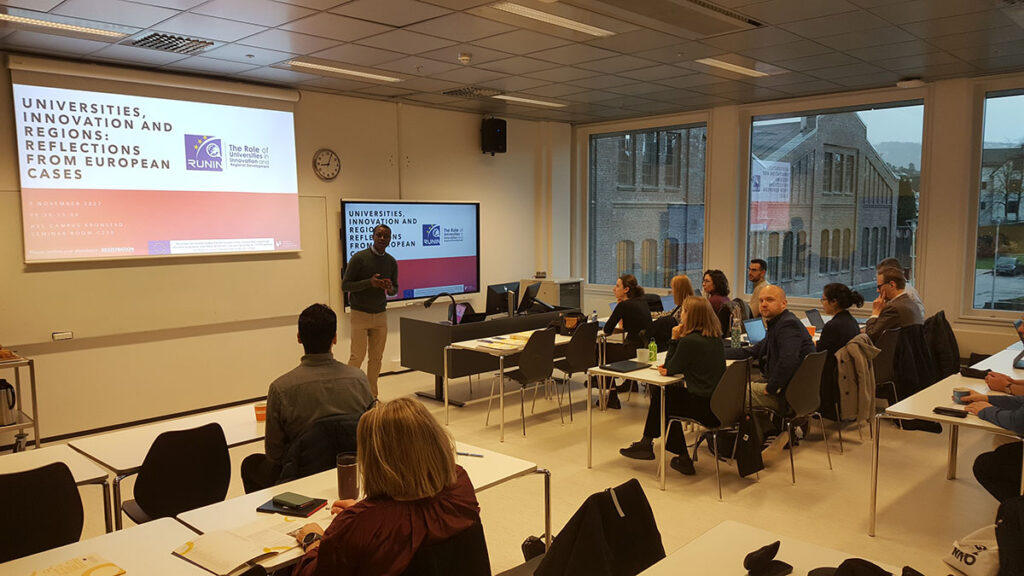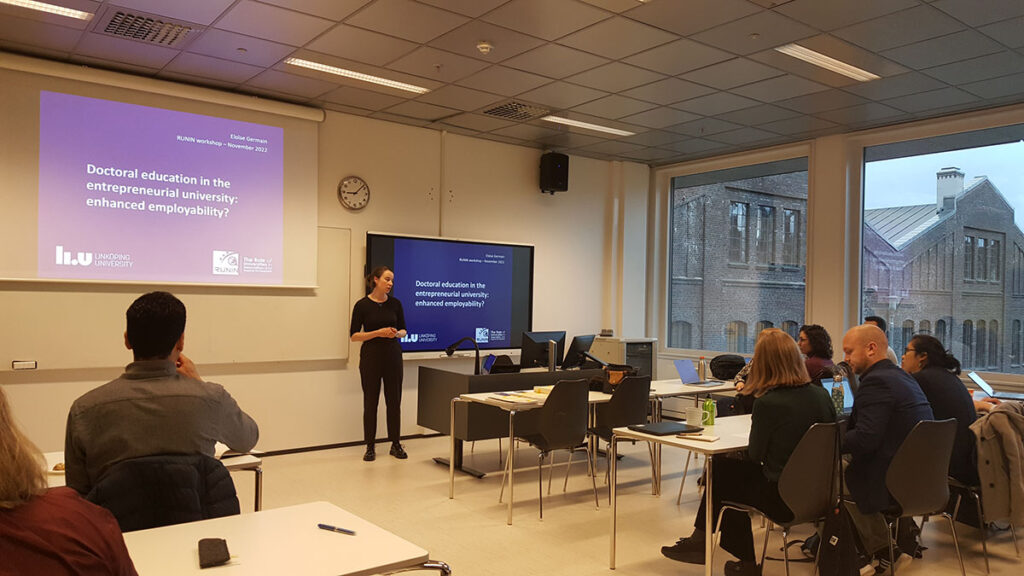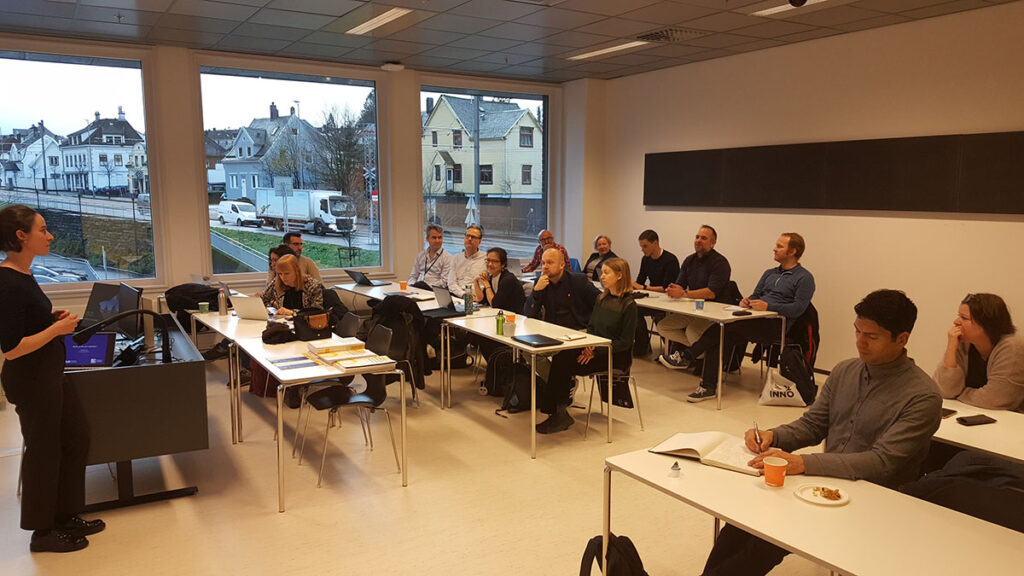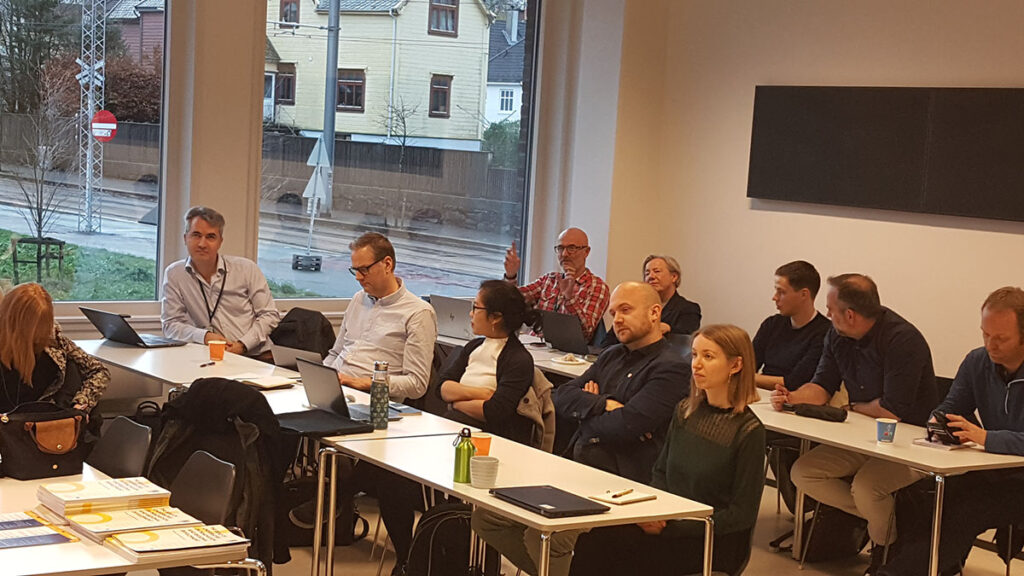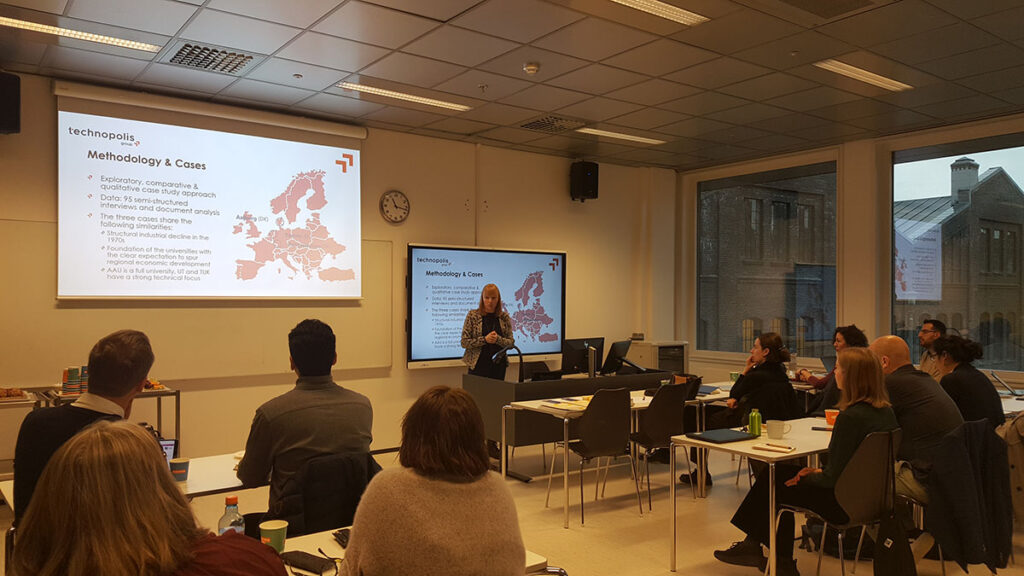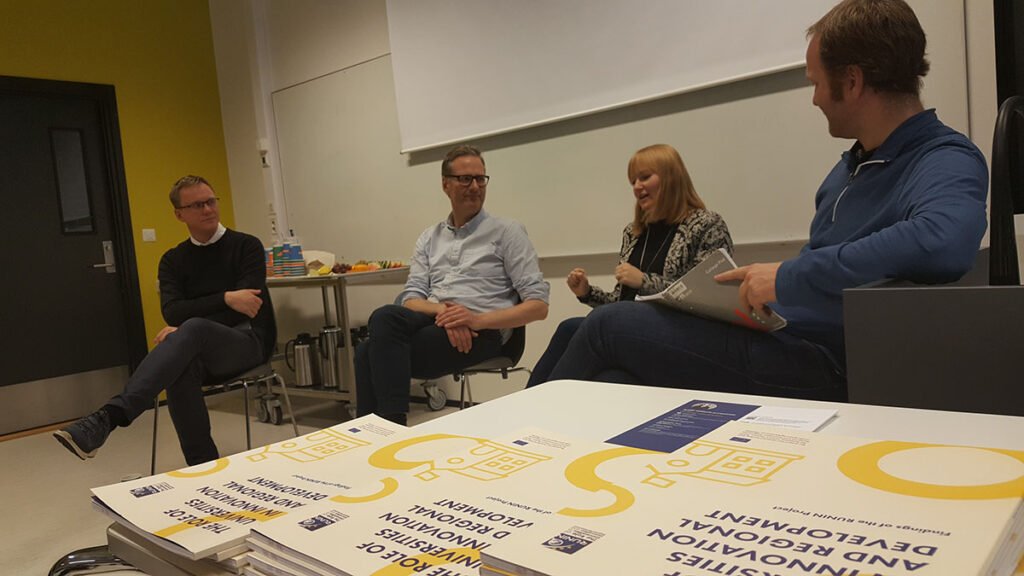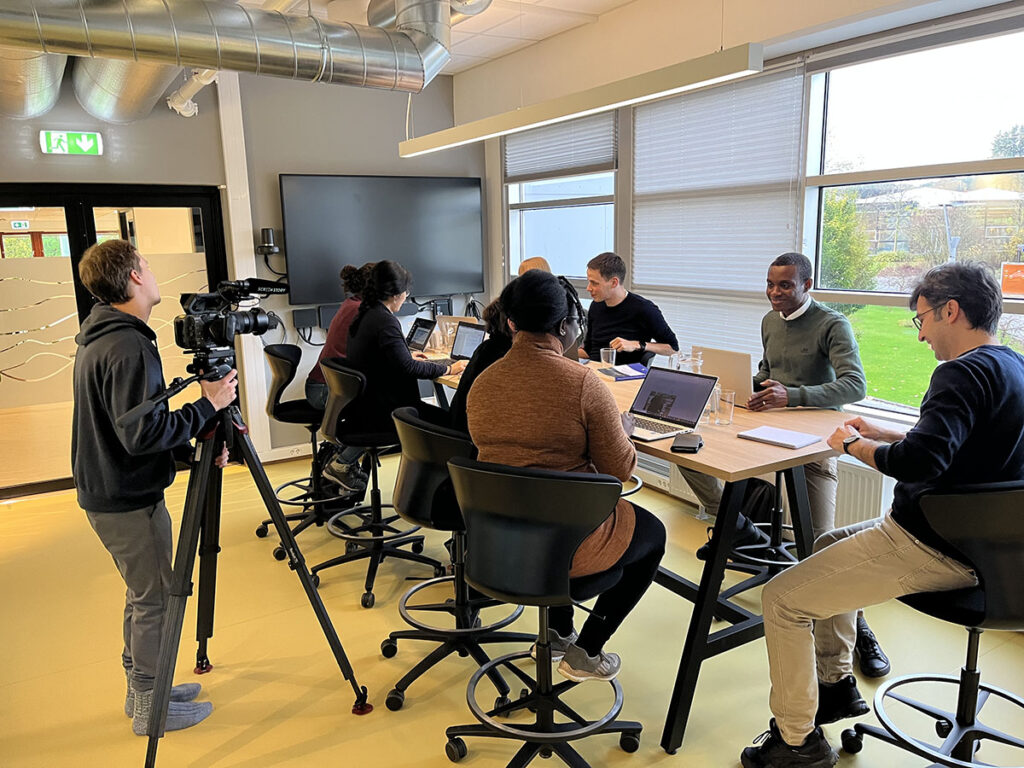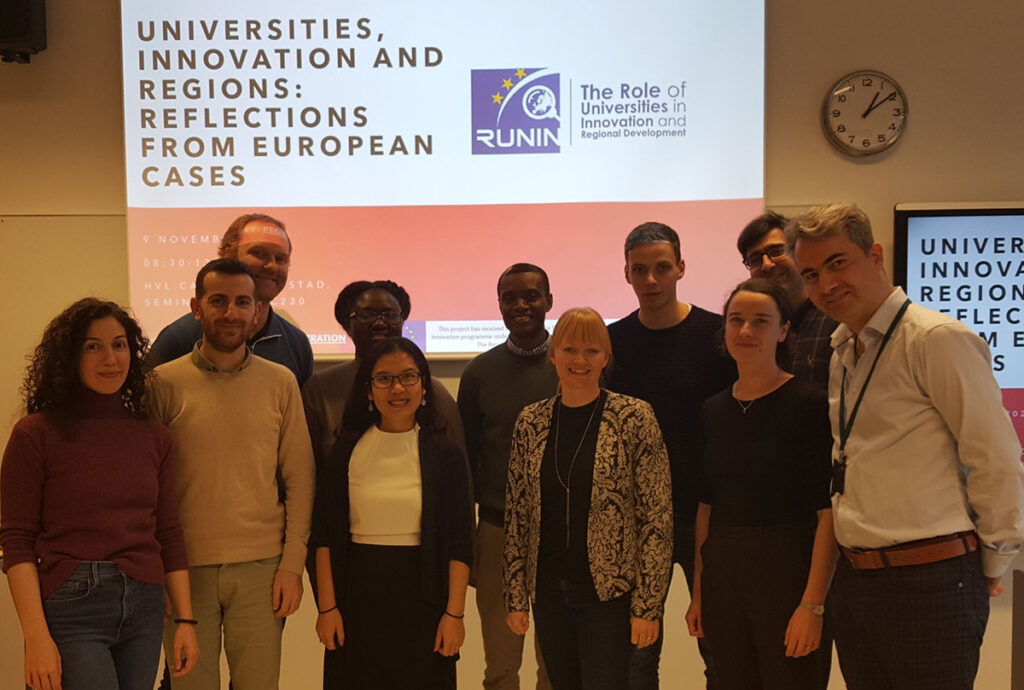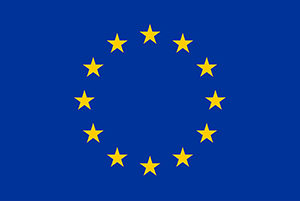RUNIN Re-UNIoN in Bergen
After its completion in late 2021, the RUNIN network gathered once again in Bergen. This time round, the ‘RUNINers’ met in Bergen, on November 9, 2022, to share lessons from their research with Norwegian stakeholders.
The workshop was organized in collaboration with Western Norway University of Applied Sciences (HVL) with funding from the Research Council of Norway (RCN) under the “Promoting RUNIN in Norway (Pro-RUNIN-Nor)” project. Opening the event, Dr. Kwadwo Atta-Owusu (University of Stavanger) introduced the Pro-RUNIN-Nor project and outlined the objectives and the planned activities in the project.
In the workshop, 6 former PhD researchers from the RUNIN project presented the results of their PhD projects. The presenters highlighted the main research findings and policy and practical recommendations relevant for different stakeholder groups.
Speaking on doctoral education and enhanced employability, Dr. Eloïse Germain (Grenoble INP – UGA, Carnot Energies du future – PhD from Linköping University) underscored the mismatch between doctoral graduates and labor market opportunities. To address this problem, she suggested that universities and regional stakeholders should deepen their collaboration to enhance the employability of PhDs. Activities such as joint projects and career fairs represent avenues for identifying employment opportunities.
During his presentation “The role of research collaborations and graduate human capital as university-industry channels”, Dr. Gerwin Evers (Technopolis Group, Amsterdam – PhD from Aalborg University) paid attention to the immediate spillover of university knowledge to the surrounding geographical areas through the recruitment of graduates in the regional labor market.
Dr. Huong Nguyen working at ESADE Business School as a lecturer (PhD from Autonomous University of Barcelona) delivered a presentation with the title “From the Triple to the Quadruple Helix of innovation: Theory and practice.” Dr. Nguyen stressed the significance of citizens and civic actors as important agents in the regional innovation ecosystems.
Dr. Liliana Fonseca (European Policies Research Centre, University of Strathclyde – PhD from the University of Aveiro) presented her PhD research “A spiral model of university engagement in the innovation policy process.” Dr. Fonseca addressed the various roles of universities in policy-making processes in three different European regions and pointed out the role of differing institutional contexts in these processes.
Dr. Lisa Nieth from Technopolis Group, Berlin (PhD from the University of Twente) presented her recent paper “Universities as strategic agents in regional path development? A European comparison” that explores the role of universities through different change agency types in the efforts of regional economic development and emphasized the complementarity of different mechanisms.
In the final round of presentations, Dr. Ridvan Cinar, who now works for Mohn Centre for Innovation and Regional Development at HVL (PhD from the University of Aveiro) presented preliminary findings from the “UniS4Vest (Role of universities in sustainable smart specialization in Vestland) Project” that he is involved in. Dr. Cinar emphasized the semi-structured collaboration between the universities in Bergen and the distinct roles played by each of them within the regional innovation and development ecosystem.
The day’s event was crowned with a panel debate on how universities in Norway can continue to play their role in turbulent times. It was chaired by Professor Rune Dahl Fitjar (Pro-Rector for Innovation and Societal Engagement, University of Stavanger-UiS) with Professor Jens Kristian Fosse (Dean of Faculty of Engineering and Science, Western Norway University of Applied Sciences-HVL), Prof. Håvard Haarstad (Director of the Centre for Climate and Energy Transformation, University of Bergen-UiB) and Dr. Lisa Nieth (Technopolis Group, Berlin) as panel members. During the panel debate, Prof. Fosse mentioned the role played by HVL and the importance of the different campuses for engaging with the regional stakeholders in various parts of the Vestland region. Prof. Haarstad emphasized the flexibility and agility of the newly established universities in his talk. He pointed out the complementarity of the university actors in Bergen for regional development efforts. Dr. Lisa Nieth shared her reflections from other international contexts.
Please visit the RUNIN website if you want to learn more about the RUNIN project and the results from the various PhD projects.


